The best books to read while stuck at home
The Tom's Guide staff has put together the best books to read until we can leave our homes again.

Here at Tom’s Guide our expert editors are committed to bringing you the best news, reviews and guides to help you stay informed and ahead of the curve!
You are now subscribed
Your newsletter sign-up was successful
Want to add more newsletters?

Daily (Mon-Sun)
Tom's Guide Daily
Sign up to get the latest updates on all of your favorite content! From cutting-edge tech news and the hottest streaming buzz to unbeatable deals on the best products and in-depth reviews, we’ve got you covered.

Weekly on Thursday
Tom's AI Guide
Be AI savvy with your weekly newsletter summing up all the biggest AI news you need to know. Plus, analysis from our AI editor and tips on how to use the latest AI tools!

Weekly on Friday
Tom's iGuide
Unlock the vast world of Apple news straight to your inbox. With coverage on everything from exciting product launches to essential software updates, this is your go-to source for the latest updates on all the best Apple content.

Weekly on Monday
Tom's Streaming Guide
Our weekly newsletter is expertly crafted to immerse you in the world of streaming. Stay updated on the latest releases and our top recommendations across your favorite streaming platforms.
Join the club
Get full access to premium articles, exclusive features and a growing list of member rewards.
If you’re stuck inside, you’ll want some of the best books to read to pass the time. Sure, you could while away the hours with an endless cavalcade of TV, movies and video games, but nothing beats the long-lasting satisfaction of losing yourself in a book, and reflecting on it later.
Maybe you’re like us, and your “to-read” pile is at least half-a-dozen books deep. But not every book is equally suited to making a quarantine more bearable. (This might not be the best time to re-read “The Stand” by Stephen King for example.) From sci-fi adventures to nonfiction treatises, we’ve put together a list of what we’ve been reading until we can leave our homes again.
- The best Kindles in 2020
- How the iPad (almost) killed the e-reader
Each one of these books is an actual title that a Tom’s Guide staffer has read since the shelter-in-place orders began. And if they can help us keep our wits about us, hopefully they can do the same for you. If you’ve got more great books, feel free to share them in the comments. And remember: Even if you can’t get to your local library right now, you can still borrow many of these books online.
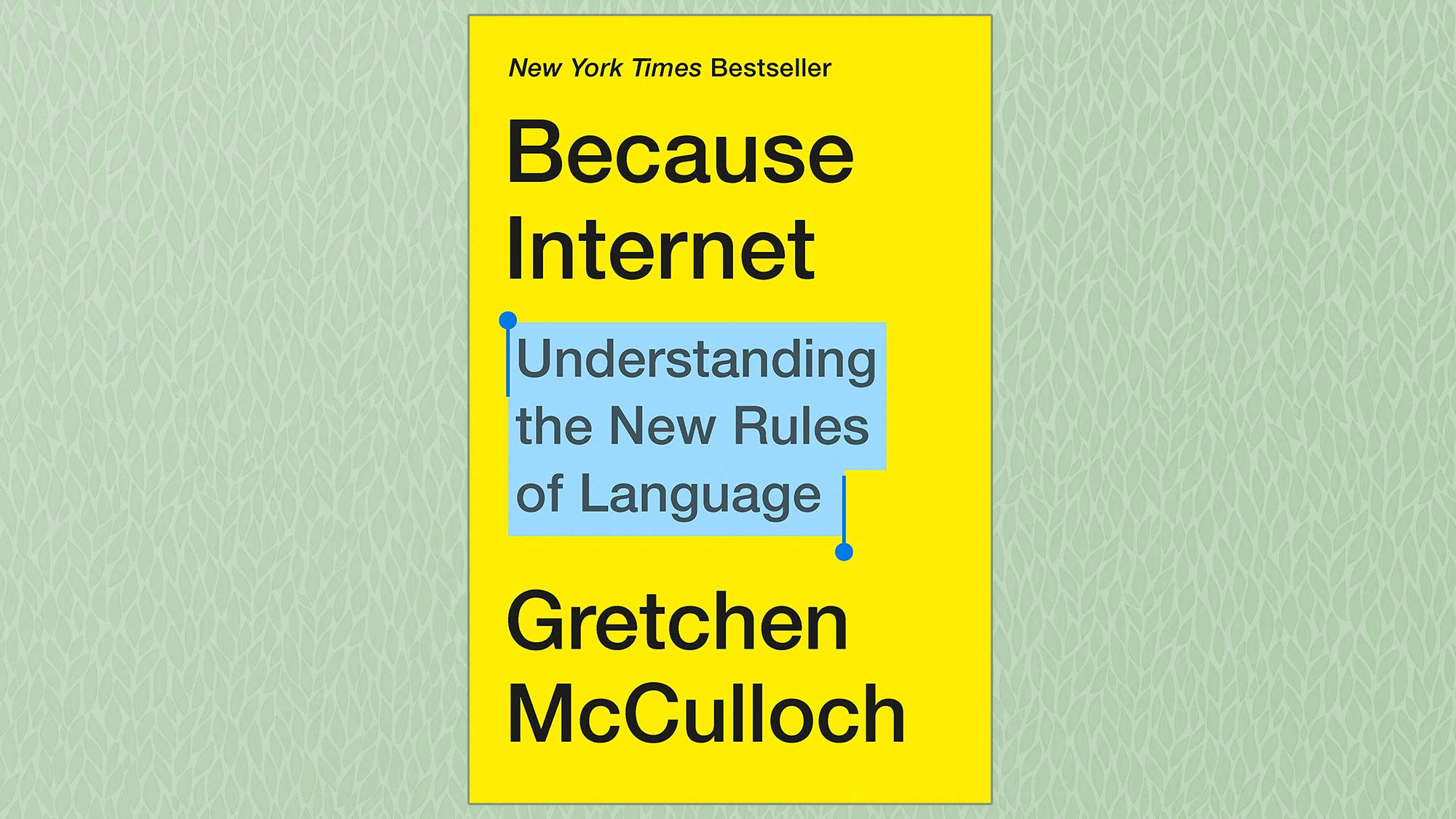
Because Internet by Gretchen McCulloch
Whether we like it or not, we're all stuck communicating online with the majority of our friends and family right now. This book, written by accomplished Canadian linguist McCulloch, may help you appreciate the way language is used online, and how it has changed since humankind took to the internet.
If you're the kind of person wondering why older people use so many ellipses on Facebook, or why 😀 replaced :-), then you'll love the explanations of how these phenomena came to be. This is by no means a serious book - McCulloch knows how to make her subject accessible and funny - but there's still plenty of proper content to get your teeth into. It's a fine example of a popular science title - easy to read, but with enough information applicable to your own daily life that you'll start seeing even the briefest Tweet differently. - Richard Priday
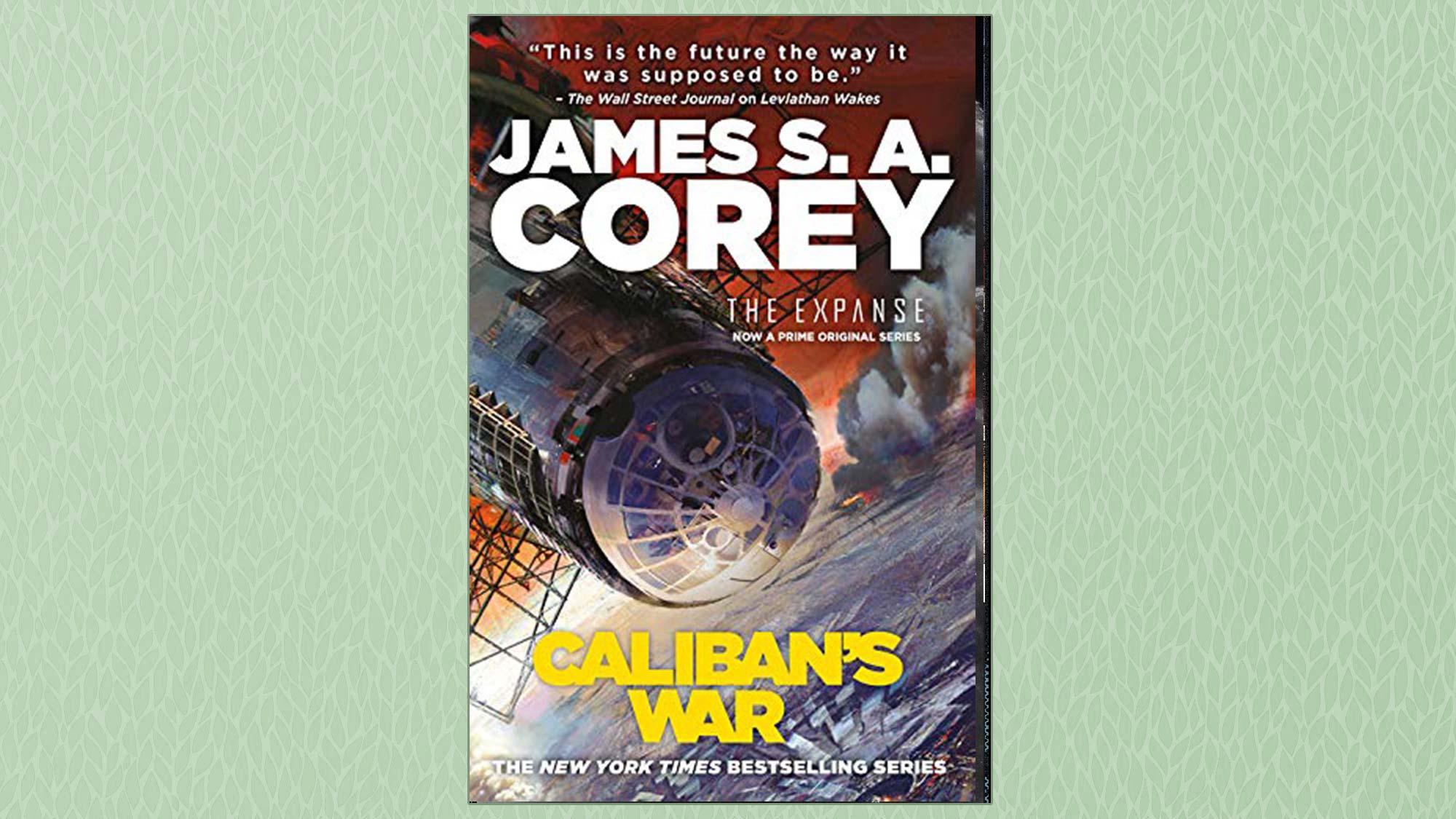
Caliban's War by James S.A. Corey
The Expanse is one of the best sci-fi shows currently on TV. But if you’re breathlessly waiting for the next season, you can sate your curiosity by diving into the books. Each season corresponds roughly to a single novel in this long-running sci-fi series, which currently has eight books, and will wrap up with a ninth later this year.
I’m currently on the second book: “Caliban’s War” by James S.A. Corey (Orbit Books, 2012). In this novel, Earth and Mars are on the brink of all-out war, and only four people are in a position to stop it: independent captain James Holden, Martian marine Bobbie Draper, UN diplomat Chrisjen Avasarala and brilliant botanist Praxidike Meng. These four characters take turns in the spotlight as they navigate a chaotic solar system full of greedy pirates, corrupt officials and monstrous mutants. Of course, if you haven’t read the first book, “Leviathan Wakes” (Orbit Books, 2011), that’s a better starting point — but Caliban’s War is a better read. – Marshall Honorof
Get instant access to breaking news, the hottest reviews, great deals and helpful tips.
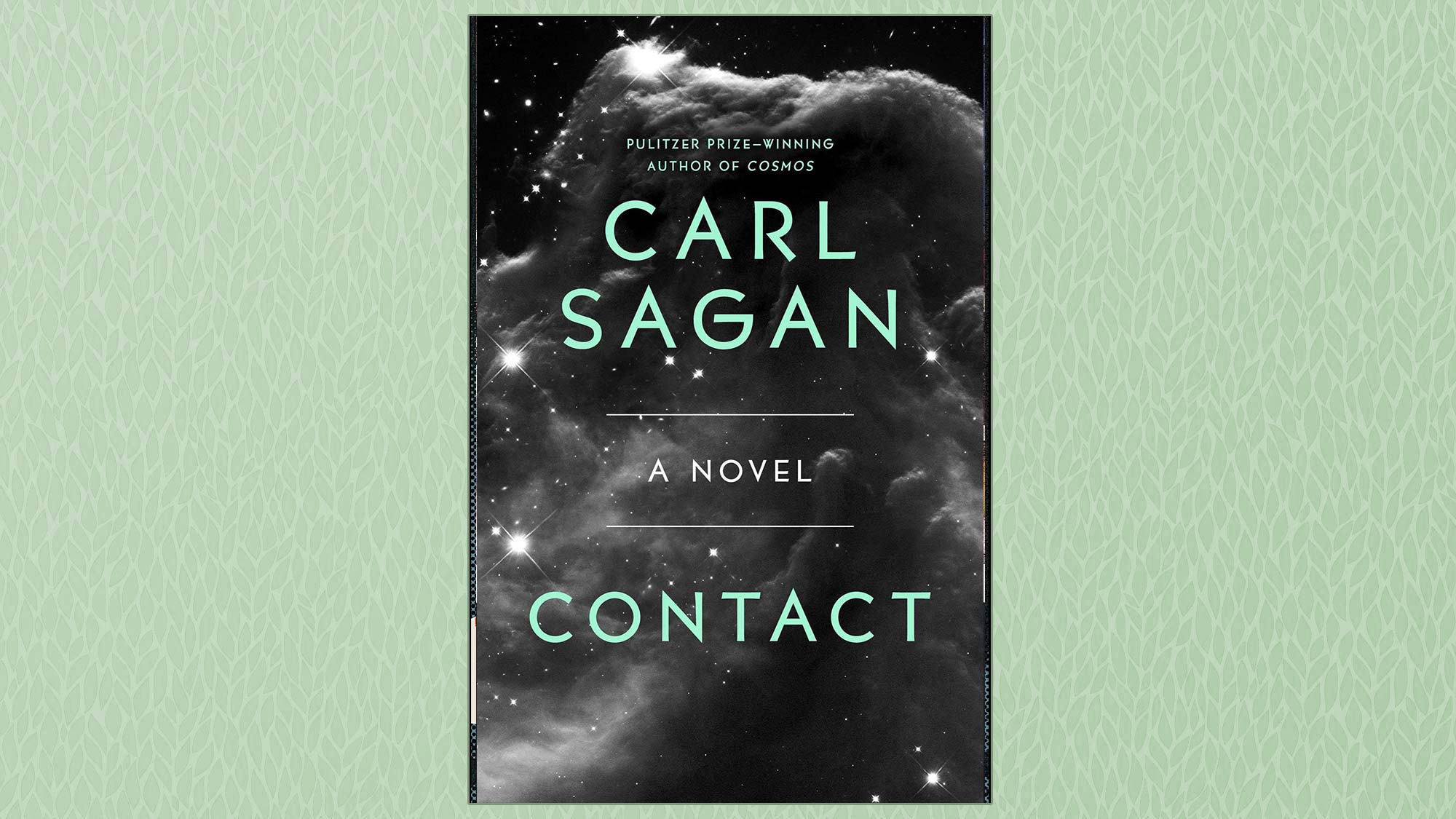
Contact by Carl Sagan
Carl Sagan, astrophysicist and science communicator extraordinaire, wrote more than a dozen books. But only one of them was a novel. “Contact” (Simon and Schuster, 1985) tells the story of Eleanor Arroway: a skeptical child who grows up to become a talented radio astronomer. While analyzing data, she makes a shocking discovery: She has received a signal from an extraterrestrial intelligence. What’s more: The signal contains schematics for an impossibly advanced machine that could take her beyond the stars.
Contact is a particularly reassuring book to read during a pandemic, because it reminds me of calm, rational thinkers like Sagan himself. The human experience is full of contradictions, but ultimately, our species can accomplish incredible things when we put aside our differences and apply our best minds to a problem. Like Sagan’s best books, Contact takes some very complicated scientific principles and breaks them down for a lay audience — but this time, we get to see something imaginative, rather than purely factual, happen at the end. – Marshall Honorof
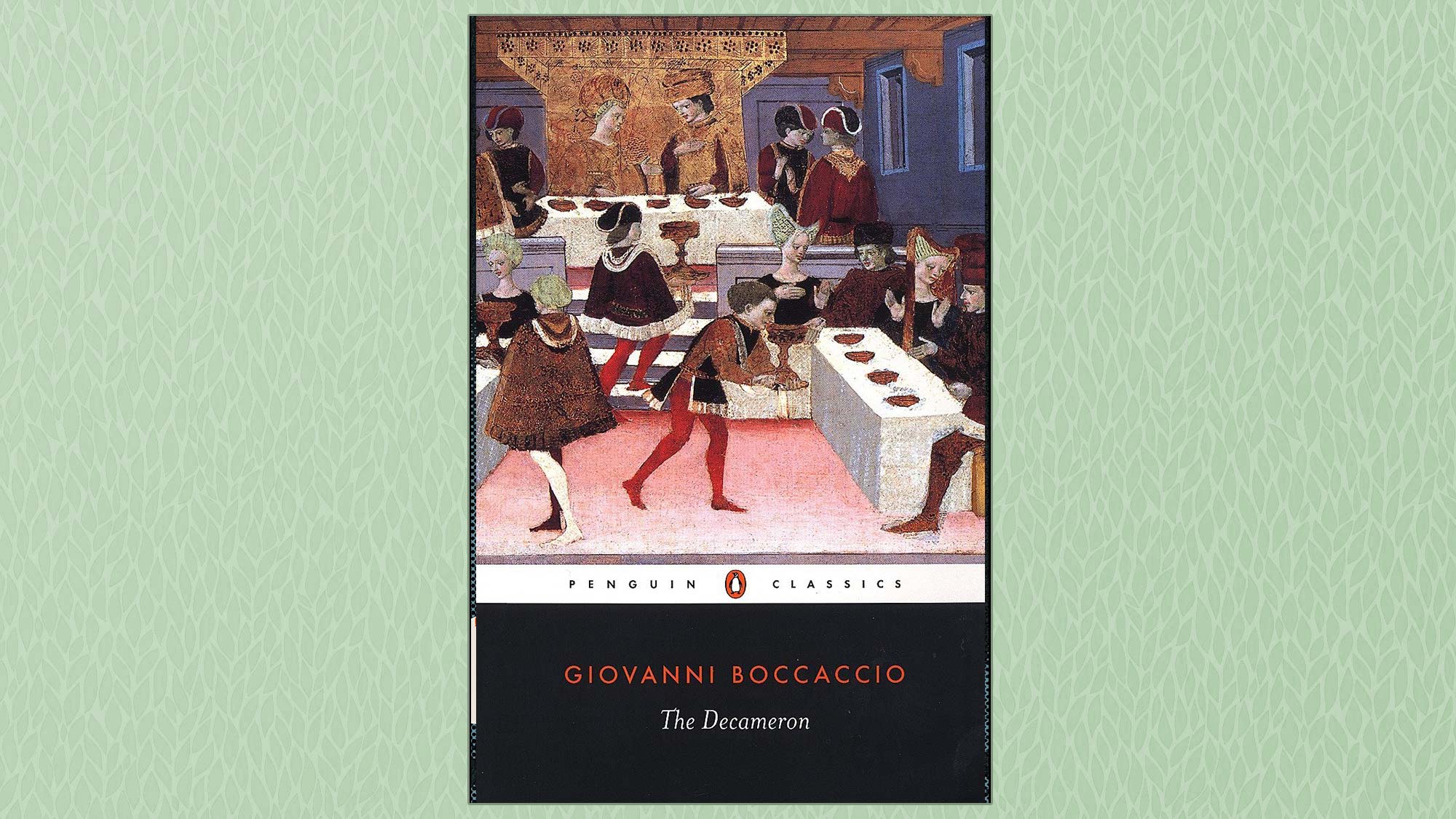
The Decameron by Giovanni Boccaccio
Want to know what life was like during the last great pandemic? Boccaccio’s opus is a compendium of 100 tales, told by ten people holed up in a villa outside Florence as they self-isolate to avoid the Black Death, which ravaged Europe in the middle ages. Each of the quarantinees— seven women and three men — tells one tale per night over the course of two weeks, with a different theme for each night. Stories are bawdy, heroic, tragic, and erotic, with plenty of humor throughout.
Completed in 1351, the Decameron was written in Italian, though there are many translations available. As all great artists do, Boccaccio stole the plots for a lot of the tales from other writers — and in turn, other writers, including Shakespeare, borrowed the plots from the Decameron. If you’re looking for a good way to pass the time while you’re stuck indoors, might as well do what worked back then. — Mike Prospero
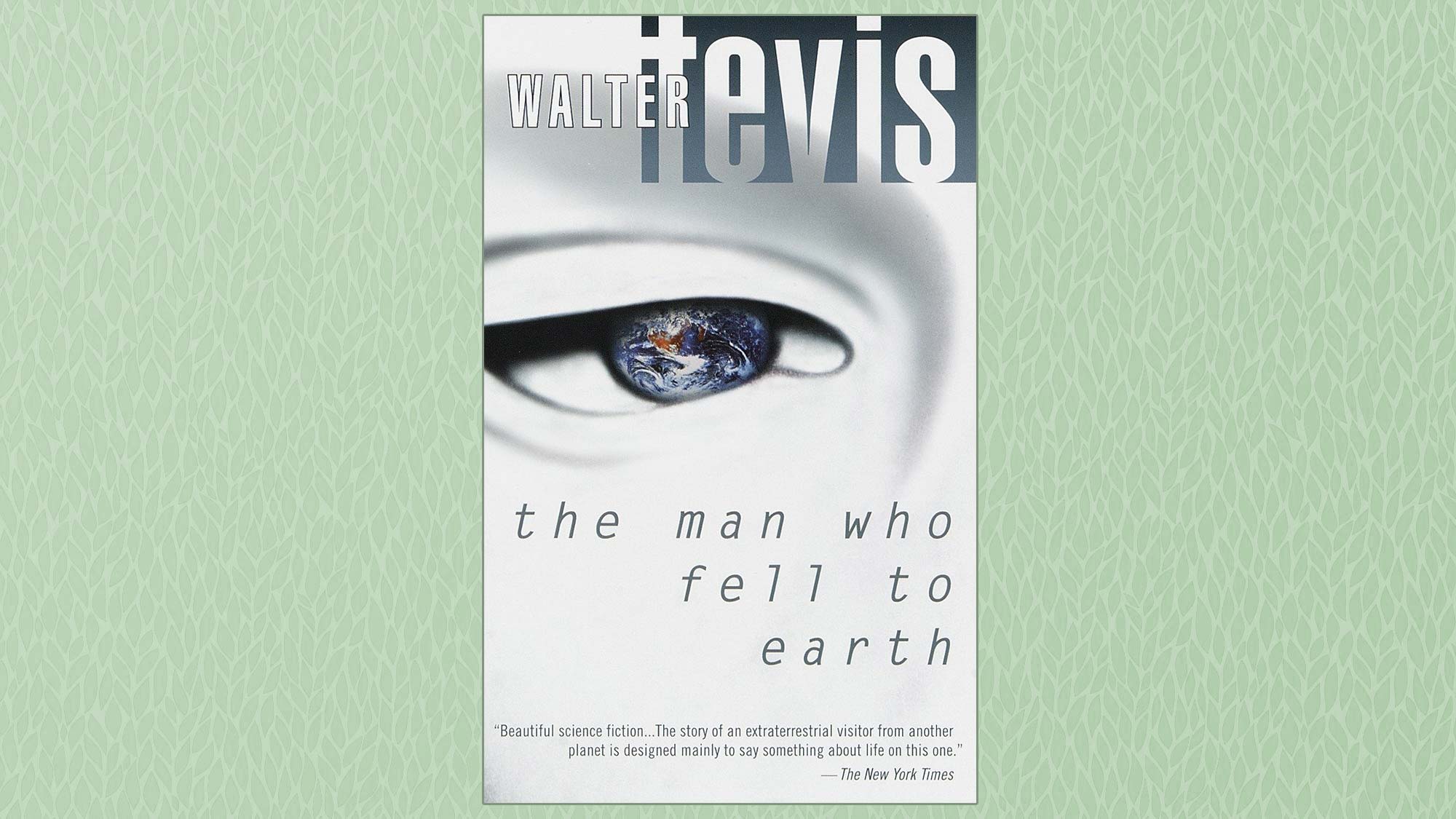
The Man Who Fell to Earth by Walter Tevis
Perhaps better known for its film adaptation starring David Bowie, “The Man Who Fell to Earth” by Walter Tevis (Gold Medal Books, 1963) is a brisk sci-fi read with a solid premise and an entertaining cast. Thomas Jerome Newton may look like a tall, pale human, but he’s actually an Anthean: an alien from a distant spot in our own solar system. Centuries ago, a nuclear war brought Anthean civilization to the brink of collapse. Now, Newton has traveled to Earth to prevent humans from making the same mistake.
While The Man Who Fell to Earth could have been a simple polemic about the dangers of the Atomic Age, the book is a little more thought-provoking than it lets on. Newton isn’t simply a martyr, doomed to be rejected by a belligerent human race. Instead, the book raises questions about whether humanity is really hell-bent on extinguishing itself — and whether submitting ourselves to an outside force, however benevolent, would really be a good idea. The novel is dark, but not bleak, and raises some interesting questions, as all good sci-fi should. – Marshall Honorof

The Memory Police by Yōko Ogawa
As we live in an utterly weird moment ourselves, I've been enjoying another completely odd universe. In Yōko Ogawa's The Memory Police, the titular cops — for reasons that go unsaid up front — are taking extreme measures to remove every thread of the past. In a moment where we're all living rather repetitive lives, this bleak possibility of a world without our memories, is as scary as any horror story can provide.
Ogawa's restrained and almost poetic prose makes The Memory Police all the more impacting. While I could see this book being a page-turner for some looking for the answers, I have to put it down after a few chapters, as it's got this mix of Black Mirror and Fahrenheit 451 and 1984 that hits quite hard. But even though it feels related to those works, The Memory Police feels completely novel and unique. — Henry T. Casey
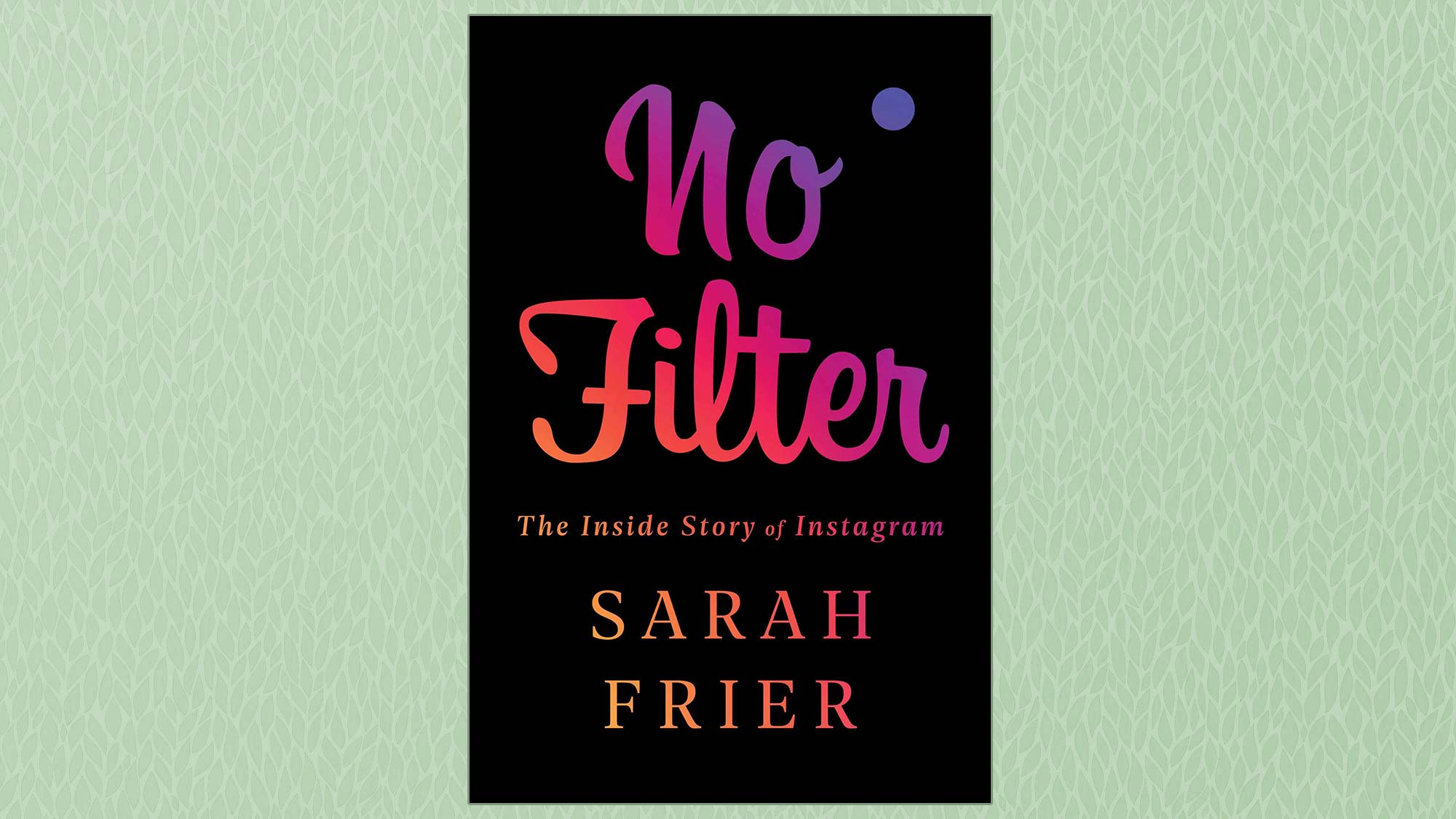
No Filter: The Inside Story of Instagram by Sarah Frier
Heavy Instagram users, and all fans of tell-all books that explain the behind the scenes stories hidden from the public, will get a kick out of Sarah Frier's brilliantly written new release. Made possible by extensive access to Kevin Systrom and Mike Krieger, the guys who made Instagram, No Filter tells the story of arguably the biggest app today. Here, you'll see how the app was created and then sold to Facebook, and the events that led Systrom and Krieger to leave the app they made.
And, honestly, since all of our vacations (myself included) are cancelled right now, we don't have the chance to post those gorgeous travel snapshots, it's a perfect time to snuggle up with this read. No Filter is an utter page turner, though, because of Frier's decision to write it with a narrative format, and not a dryer format that other corporate histories take. As you flip through the pages, you see a story that not only thrives on the page, but should jump to the big screen as a perfect sequel of sorts to The Social Network. — Henry T. Casey
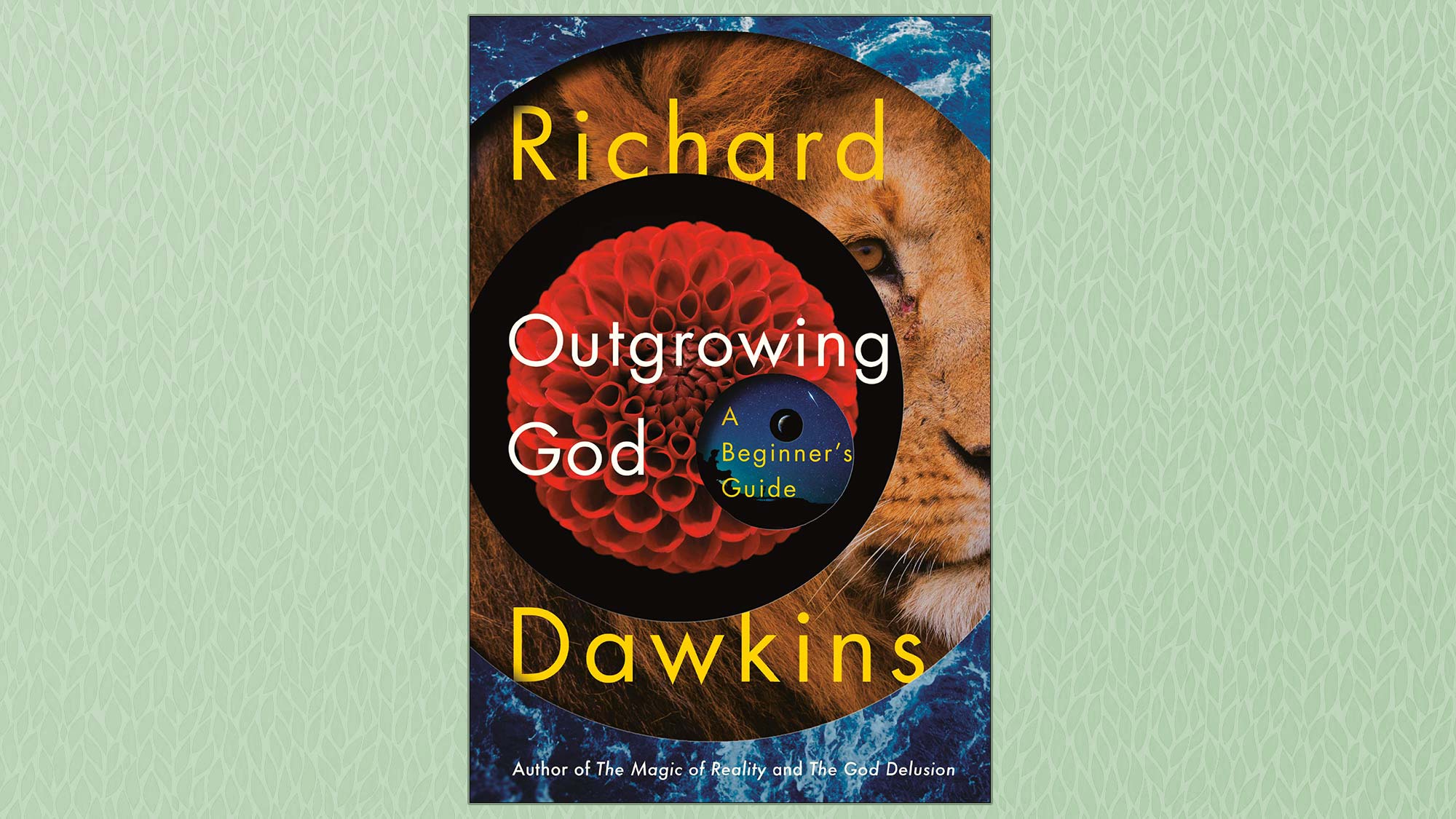
Outgrowing God: A Beginner’s Guide by Richard Dawkins
If you’re at all familiar with the name “Richard Dawkins,” then you probably already know how you feel about him, and his books. Personally, I’ve always enjoyed Professor Dawkins’ clear-eyed criticism and wonder with the natural world. Equally famous for his novel ideas in biology and his spirited defense of atheism, it’s fitting that Dawkins’ latest book, “Outgrowing God: A Beginner’s Guide” (Random House, 2019), is equal parts a case against religion and a primer on the natural sciences.
“Outgrowing God” is clearly aimed at people who are just starting to question their faith. But as an admirer of Dawkins’ lectures, TV shows and other books, I still devoured this book in two days. Dawkins takes supernaturalism and magical thinking to task, splashing readers awake with a cold bucket of logic and reason. Still, “Outgrowing God” is not mean-spirited in the same way that “The God Delusion” (Batman Books, 2006) sometimes was. It invites readers to think for themselves and take empirical evidence seriously — an especially useful skill during a pandemic. – Marshall Honorof
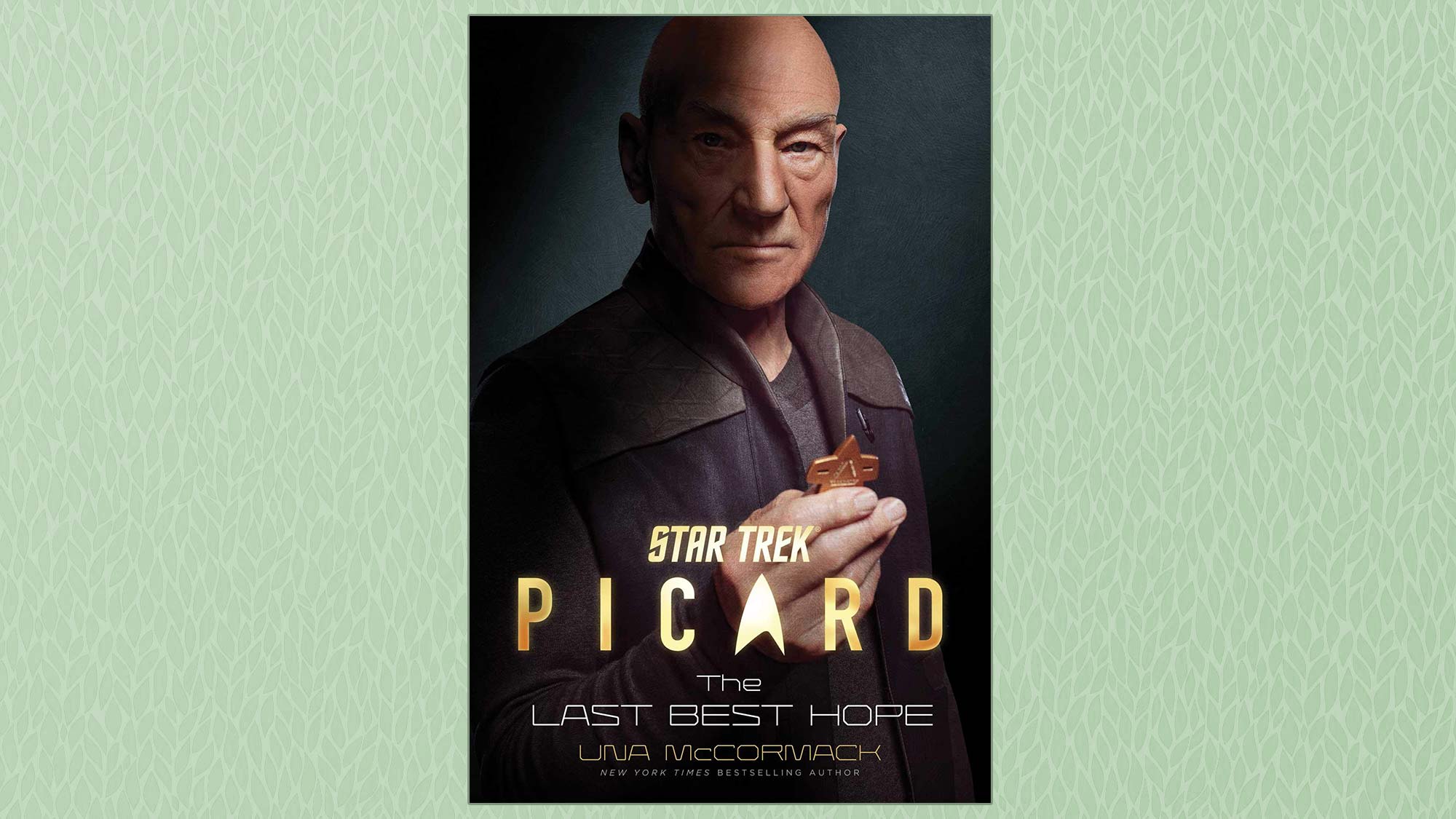
Star Trek: Picard: Last Best Hope by Una McCormack
The first season of Star Trek: Picard has come and gone, and the way things are going, who knows when CBS will even be able to film a Season 2? In the meantime, there’s “Star Trek: Picard: Last Best Hope” by Una McCormack (Pocket Books, 2020). Tie-in media for TV shows admittedly doesn’t have the best track record, and Star Trek novels are no exception. But McCormack is generally one of the best writers in the business, building on franchise lore rather than just reiterating it, and “Last Best Hope” is up to her usual standards.
This prequel novel takes place between Star Trek: Nemesis and Star Trek: Picard, telling the complete story of the Romulan relocation effort. Even as someone who was lukewarm on the show, the book grabbed me early on and didn’t let go. Like the best Star Trek stories, it’s about competent people attempting an impossible project, and all the defeats and victories along the way. Adm. Picard takes center stage along with his new XO, Cmdr. Raffi Musiker, but there’s also an excellent B-story all about fan-favorite Cmdr. Geordi LaForge — who really should have been in the show. – Marshall Honorof

Henry was a managing editor at Tom’s Guide covering streaming media, laptops and all things Apple, reviewing devices and services for the past seven years. Prior to joining Tom's Guide, he reviewed software and hardware for TechRadar Pro, and interviewed artists for Patek Philippe International Magazine. He's also covered the wild world of professional wrestling for Cageside Seats, interviewing athletes and other industry veterans.
 Club Benefits
Club Benefits





